... and wondering where he had read that clever liars give details, but that the cleverest do not
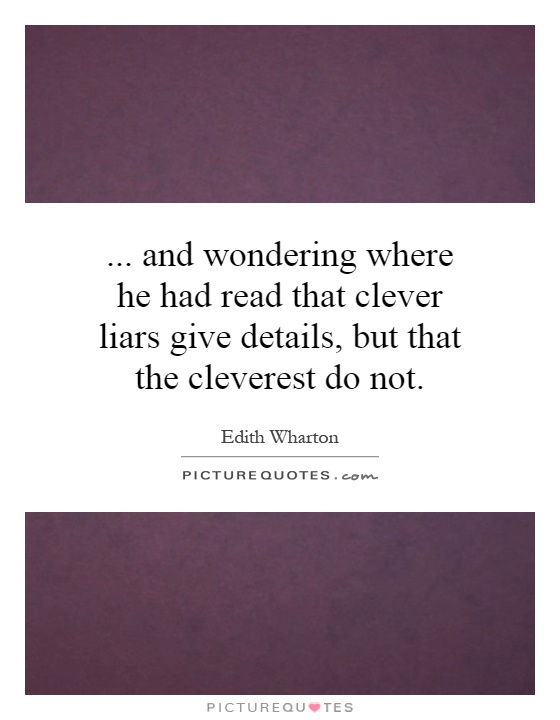
... and wondering where he had read that clever liars give details, but that the cleverest do not
In the world of literature, Edith Wharton is often celebrated for her keen observations of human nature and her ability to craft complex characters with intricate motivations. One of the recurring themes in her work is the idea of deception and the ways in which individuals manipulate the truth to achieve their own ends. This quote, “... and wondering where he had read that clever liars give details, but that the cleverest do not,” perfectly encapsulates Wharton’s understanding of the art of deception.Wharton’s characters are often portrayed as being adept at manipulating the truth to suit their own purposes. They are skilled at presenting a facade of respectability and honesty while concealing their true intentions. In many of her novels, such as “The Age of Innocence” and “The House of Mirth,” characters engage in elaborate schemes and deceptions in order to maintain their social standing or achieve their desired goals.
The idea that clever liars give details while the cleverest do not speaks to the notion that the most skilled manipulators are able to deceive without revealing any concrete information. They are able to create a convincing narrative without providing any evidence to support their claims. This is a tactic often employed by Wharton’s characters, who use ambiguity and suggestion to mislead those around them.
Wharton’s exploration of deception in her work is not limited to individual characters. She also examines the ways in which society as a whole can be complicit in perpetuating lies and falsehoods. In “The Custom of the Country,” for example, Wharton critiques the social norms and expectations that enable characters like Undine Spragg to manipulate and deceive others in order to climb the social ladder.
Overall, Wharton’s quote about clever liars and the cleverest liars highlights her nuanced understanding of deception and the ways in which it can be used to manipulate and control others. Through her work, she challenges readers to question the truthfulness of those around them and to consider the ways in which deception can shape our perceptions of reality.







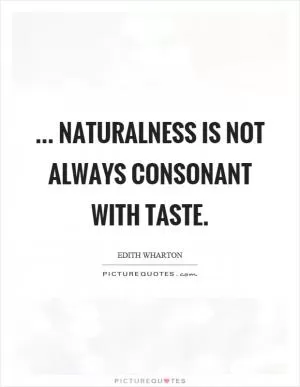
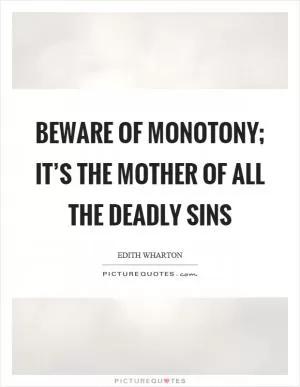
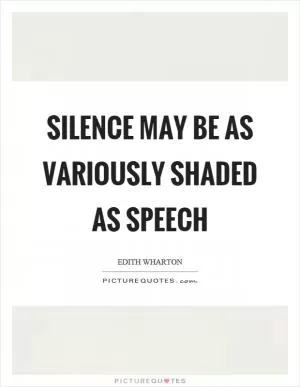
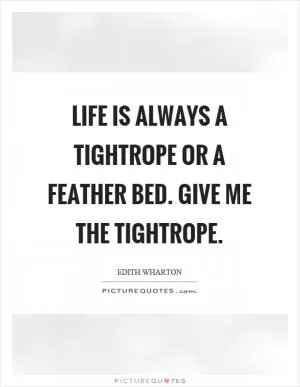

 Friendship Quotes
Friendship Quotes Love Quotes
Love Quotes Life Quotes
Life Quotes Funny Quotes
Funny Quotes Motivational Quotes
Motivational Quotes Inspirational Quotes
Inspirational Quotes